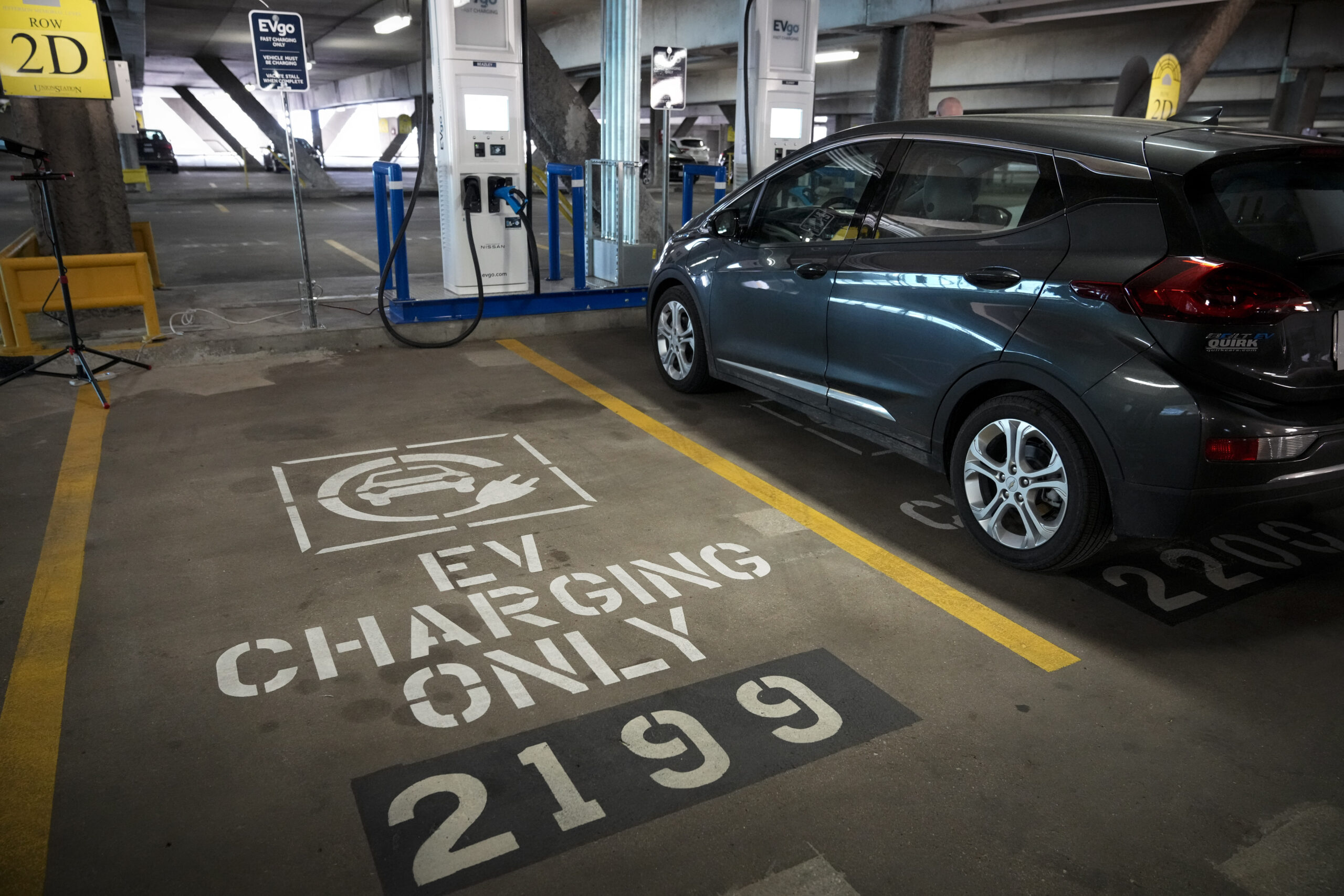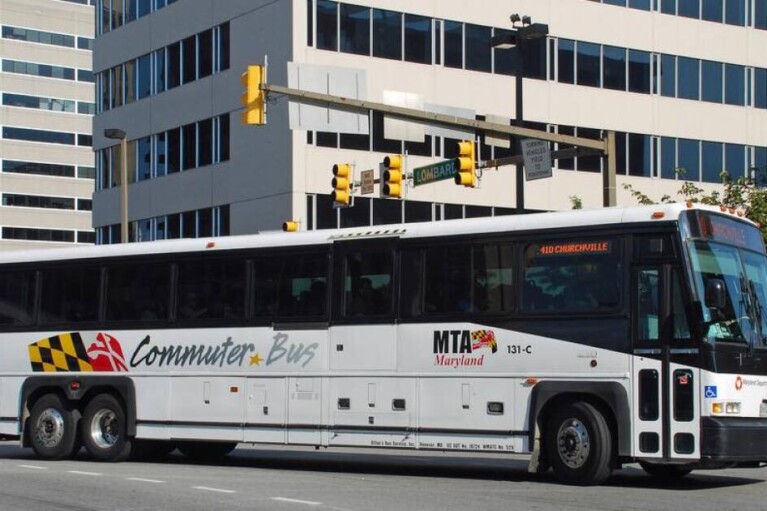Commentary: Americans optimistic about transition to electric vehicles — and they should be

By Klaus Philipsen
The writer is an architect in Baltimore with more than 40 years of experience in architecture, urban design, land use and transportation planning. Since 2017, he has owned a plug-in hybrid vehicle.
A recent poll appears to show that many Marylanders are more scared by the misleading word “ban” in the poll question than by persistently unhealthy air when it comes to gas-powered vehicles.
At stake is Gov. Wes Moore’s commitment to reaching Maryland’s climate and clean air goals by adopting the Advanced Clean Cars (ACC) II rule.
It is probably fair to assume that poll respondents critical about mandating manufacturers to advance EV production and sales do not yet have an EV and react to three common scares about electric vehicles, namely that they are too expensive, that they are not technologically mature and that they get you stranded for lack of charging opportunities.
The truth is that the ACC II rule is key to expanding consumer choice, making EVs cheaper and better and accelerating the charging infrastructure. As solar panels have already proven, incentives and scaling up production requirements help to lower costs and rapidly improve technology. For those with “range anxiety:” the rule also allows for up to 20% of sales of plug-in hybrid models, i.e. when the electric juice runs out a gas engine is at the ready to kick in. Besides, under the ACC II program, gas-powered vehicles will continue to be around, especially as used vehicles (in Maryland, used car sales are about double those of new car sales).
In short, the EV landscape in 2026 will not be the one of today.
Recent national polling by the Zero Emission Transportation Association (ZETA) showed that majorities of voters — both Republicans and Democrats — understand that increasing EV adoption will have a positive impact not only on the environment, but also on health, jobs, the economy, and vehicle safety.
Similar polling found 55% of respondents supported requiring all new cars sold to be electric by 2030, five years before the ACC II regulates. A brand-new study of the American Lung Association states that zero emission passenger vehicles dramatically improve air quality and health outcomes.
Air pollution continues to take a high toll especially in underserved and overburdened communities. Eighty-eight percent of asthma-related hospitalizations for children and 87% of emergency room visits in Baltimore City were for Black children — roughly five times the rate for white children. On high smog days, frequent in the summer, pollution from cars and trucks alone can bring ozone smog and nitrogen oxide above the levels allowed by the Clean Air Act.
The federal government has allocated $1.5 billion to help states get ready. Maryland is set to receive at least $63 million for the electric infrastructure needed for more EVs.
Additionally federal and state tax incentives provide substantial discounts for new and now also for used electric cars and plug-in hybrids.
Unlike the Gonzales poll expressing high levels of concern about EVs, a recent Consumer Reports survey shows that 71% of Americans are considering an electric vehicle for their next vehicle purchase or lease. The ACC II program, which brings Maryland in alignment with all states following the accelerated California standards for clean cars, is a critical step towards driving cleaner and with less impact on the climate.



